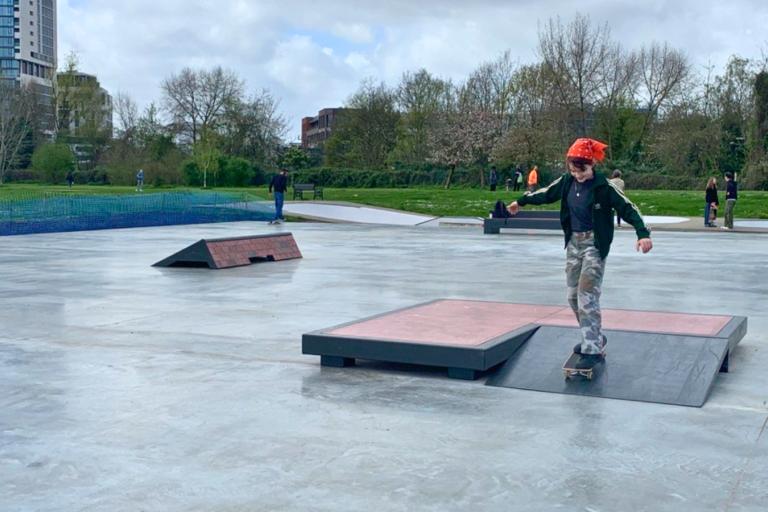Free health checks if you're aged 40 to 74 to help prevent heart disease, stroke, diabetes, and kidney disease.
Ways to stay healthy
Things to do

Leisure centres
Explore all the swim, gym, and fitness facilities and classes at your local leisure centres.
View leisure centres

Outdoor facilities
Outdoor facilities such as playgrounds, paddling pools, BMX tracks, skate parks, and outdoor gyms.
View outdoor facilities
Get Out Get Active
A programme of activities supporting people with and without disabilities to be active together.
Activities for disabled and non-disabled peopleGet health advice and support
Get free help from One You Haringey to:
- achieve a healthy weight
- stay fit with free workouts by qualified health coaches
- quit smoking (for good)
- drink less alcohol


Ways to improve your mental wellbeing
You cannot run away from your problems, but physical activity and connecting with others can help many people reduce stress and strengthen positive mental health.
Find local activities to improve mental wellbeing
Parks and greenspaces
Haringey is home to 58 parks and greenspaces – all are great spaces to get moving, and enjoy nature. Many of our parks also have outdoor gyms, opportunities to volunteer, and cafes to meet people.
View parks and greenspaces
Activities for children and families
It's important that we all stay physically and mentally active throughout the year - even during holidays.
Find activities for children and familiesStaying active as you get older
Stay active (at home)
Explore ideas to get active at home, including exercises for people with specific needs such as wheelchair users.
Discounted memberships
Types of discounted leisure centre memberships for young children, students, and people aged 65 and over.
Silverfit over 60s club
Silverfit is a club led by older people for older people who want to socialise while keeping fit and active.
Active travel
Travelling by foot or by bike is a great, low-cost way to get active which can fit around your daily life when visiting friends or going to work.


